Description
- This painting by Kees Maks shows us the famous circus director and equestrian Jean Houcke in the piste of Theater Carré Amsterdam.
The artist Kees Maks ,born in 1876 in Amsterdam, was a Dutch painter and the one and only pupil of George Hendrik Breitner. You can see this in the bold and robust design of his paintings. Kees Maks is considered one of the most important modern figurative artists of the early 20th century.
He was born in the family of a successful contractor. Initially, he was destined to succeed his father in the company that flourished in the fast-growing Amsterdam of the late nineteenth century. Although his father feared the poverty that Maks would face as an artist, he allowed him to do it and also supported him financially.
The young Kees Maks asked the painter George Hendrik Breitner for advice. which led to a lifelong friendship. Breitner, who is almost twenty years older, advised Kees to visit the academy where he was taught by Nicolaas van der Waay. Father Maks had built two studios on Prinseneiland 24 a and B in 1898. Breitner moved into the larger studio 24 B where he would work until 1914 and Maks started working in 24 a. After Breitner’s departure he moved to 24 B where this painting would have been created.
The glamor world of show attracted Kees Maks enormously. He found his favorite subjects here, in the spotlight. Kees Maks captured what happened on stage or in the circus arena like no other. In addition to clowns, Maks remained fascinated by horse riding throughout his life. He loved horses and was a good horse rider himself. In Paris he was once asked to perform together with a horse rider. But he didn’t dare to do that.
Maks saw the circus in the Amsterdam Carré theater and in the Paris Cirque Médrano. Red and yellow form the basis for his use of color. The red curtain and golden sand of the piste are the main components. In between there is a rich range of orange, beige and brown tones that make the whole a typical Maks painting.
In the Netherlands the work of Maks was often seen as too French. Not surprising since the variety show as a subject had been flourishing there since 1890 with artists such as Toulouse-Lautrec and Degas. In the 1920s and 1930s Maks regularly exhibited at Durand Ruel in Paris. Given the label on the back of this painting, this work was also in an exhibition there.
Around 1914 Maks started his first sketches of the circus. In the twenties and thirties they became regular subjects in his oeuvre.
The Houcke circus played in Carré from 1929 onwards and Maks used circus director and equestrian Jean Houcke as a model in various paintings.
Jean Houcke came from a dynasty of circus people who specialized as animal trainers, horseriders and circus directors. Jean Houcke is recognizable by the top hat that he regularly wore in photos from around 1930.
Royal Theater Carré is a theater in the Dutch city of Amsterdam and is located on the Amstel. It was originally called Circus Carré and it was founded at the end of the 19th century by Oscar Carré. In 1911 – after the death of Oscar Carré – the last performance of the Royal Dutch Circus Oscar Carré was given on the Amstel. Afterwards, other circuses gave performances in Carré, such as Circus Houcke..
Today the past is still honored and once a year the World Christmas Circus performs in Theater Carré.
Where everyone proudly shouts: “Nowhere is Circus more beautiful than in Carré!”
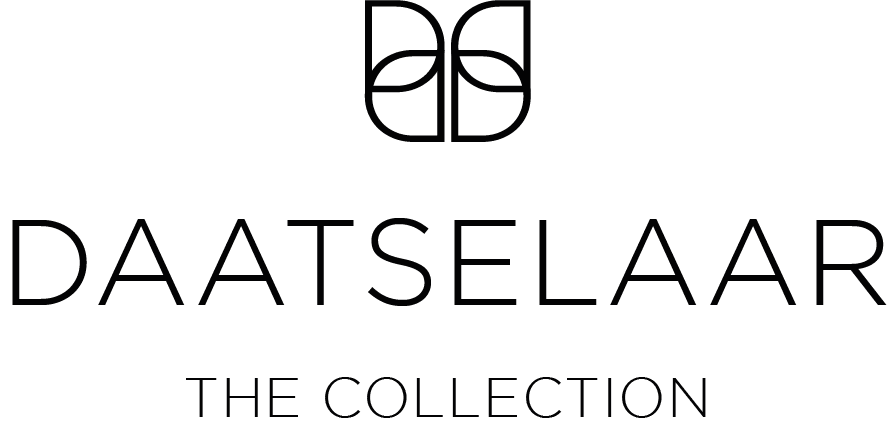
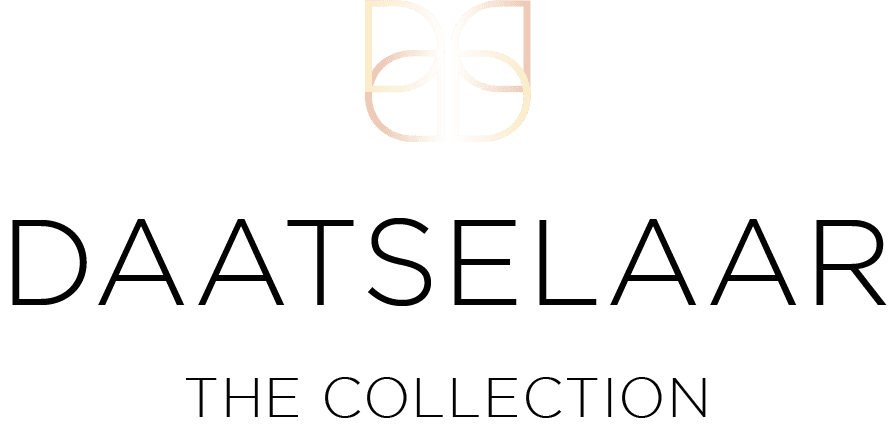
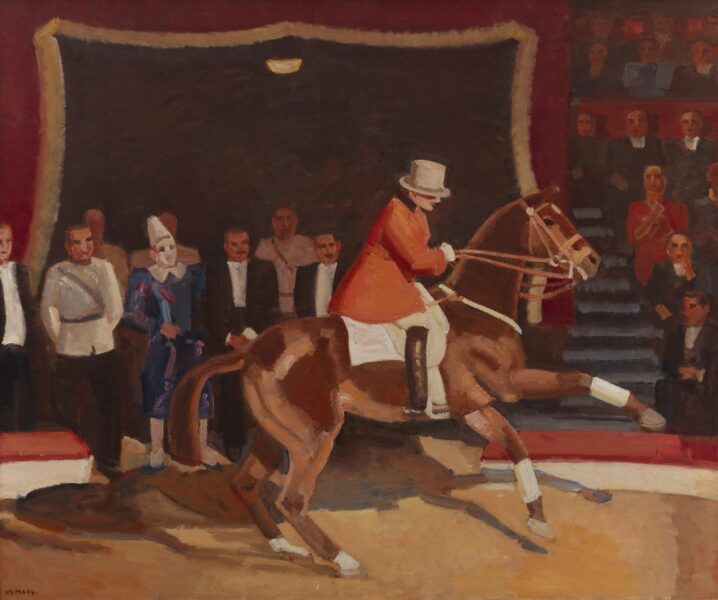
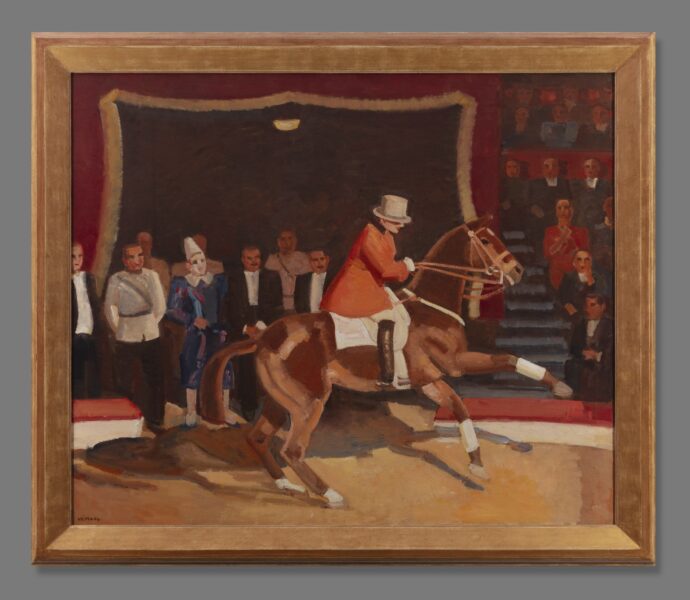
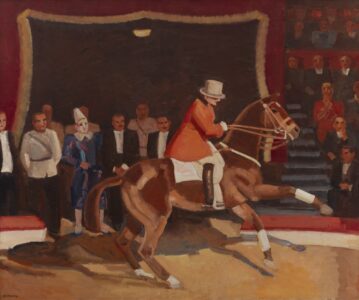
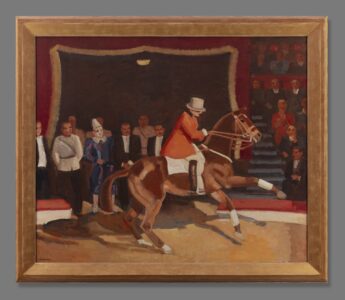
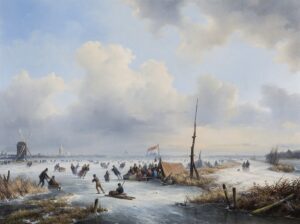
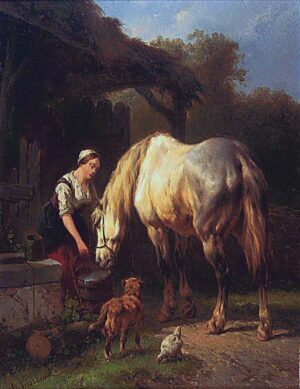
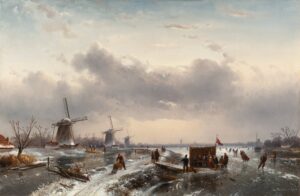
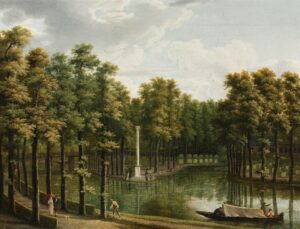
Reviews
There are no reviews yet.